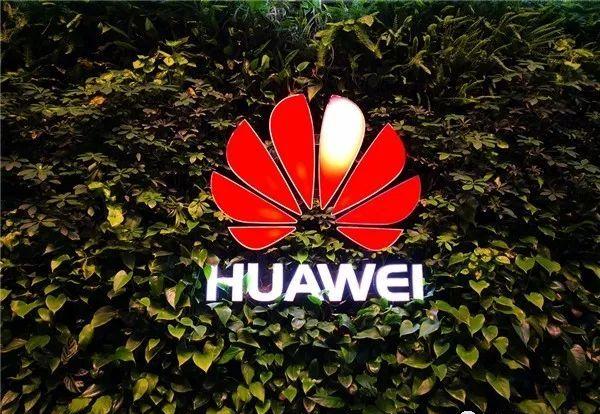
For the money thing, Ren Zhengfei saw it very clearly, money is a tool, a resource, but it is by no means the purpose itself.
The fallacy of the world is that there is a deviation in the understanding of money, either money-centric or dismissive of money, which will lead to the inability to use money effectively. Or it's not clear.
Especially at the corporate level, the perception of money reflects the level of the boss. Wang Xing once stressed the importance of "being able to settle accounts":
"The most awesome business decisions cannot be small, and when considering the input-output ratio, they cannot be limited to local so-called rationality, because it ultimately affects not only how much money you can make as a company, but also how much money your country can be worth."
Another young entrepreneur also said this truth, "You can't calculate when you make big decisions in life - the pattern is particularly small." ”
According to the data, Huawei has invested more than 720 billion yuan in R&D expenses in the past decade, and by the end of 2020, Huawei holds more than 100,000 valid patents worldwide, of which more than 90% of patents are invention patents.
Dare to spend money and spend money in the right place, which actually reflects the big pattern of Ren Zhengfei.
I flipped through some of Huawei's historical records from its inception to the present, and found that Huawei has invested heavily in three aspects, one is the research and development mentioned above, one is management, and the other is human resources.
The importance of technology and product development is already understood, which is related to the core competitiveness of enterprises, otherwise even if it is a very large-scale enterprise, it is vulnerable.
What do the latter two mean?
"The competition between enterprises is, to put it bluntly, the competition of management."
Ren Zhengfei pointed out, "For a company like Huawei that focuses on human assets, economies of scale depend more on management. Huawei's wealth to the company is only two things: one is the management structure, process and IT-supported management system, and the other is the management and incentive mechanism for people. ”
Huawei must expand to survive, but if management cannot keep up, then there is no solid foundation for expansion. Ren Zhengfei said that only management can bring low costs to large-scale operations.
Therefore, Huawei has always attached great importance to the reform and optimization of organizational management, and a well-known example is that Huawei "learned management from IBM", which took billions and more than a decade.
Management actually represents the "certainty of rules" of the enterprise, is customer-centric, and is the embodiment of the "internal strength" of the enterprise.
Enterprises are people-oriented, Huawei's statement is "strivers-oriented", since the human factor is so important, it is inevitable to spend costs on the human side.
Huawei emphasizes that the goal of continuous appreciation of human capital takes precedence over the goal of financial capital appreciation. Because Huawei believes that only when "people" become excellent, work performance can be excellent, the results of work are great, and the competitiveness of enterprises is strong.
How does Huawei spend money or make money, why? The fundamental lies in the fact that Huawei is willing to invest heavily in important aspects, and Ren Zhengfei's concept is that Huawei should use the most advanced tools to make the most advanced products and dare to invest. Because only by beating the world down can you make more money.
"We have to be willing to shoot shells and shoot down the mountain, and the mineral deposits below are all yours." This is the overall view of money and resources, the courage to invest heavily in opportunities, and the squandering of money for victory.
And many bosses don't understand this, they often calculate small accounts, not big accounts.
Wang Xing said an example of Jobs, he said that learning this thing is worth spending time, money, and shares.
In December 1979, Jobs gave Xerox the right to buy 100,000 shares of Apple's pre-IPO shares for $1 million in exchange for a visit to Xerox PARC. In December 1980, Apple went public, and the stock was worth $17 million. What Apple got was an epoch-making idea for a graphical interface. ”
This is where jobs's big picture is, Ren Zhengfei is willing to spend billions to learn ibm's advanced experience, willing to share benefits with employees, and insist on taking out more than 10% of the income every year to invest in research and development.
To do business, we must be willing to throw big money in the right place, in a sense, throwing money is the most effective and sincere behavior. This is true of business management, and the same is true of life management.
Guo Ping, Huawei's rotating chairman, once said that in order to help partners in the industrial chain enhance their own capabilities, break through the obstacles of others, and establish a reliable supply chain, "we will not hesitate to shoot our last bullet."
Therefore, we must calculate the big account, not the small account.